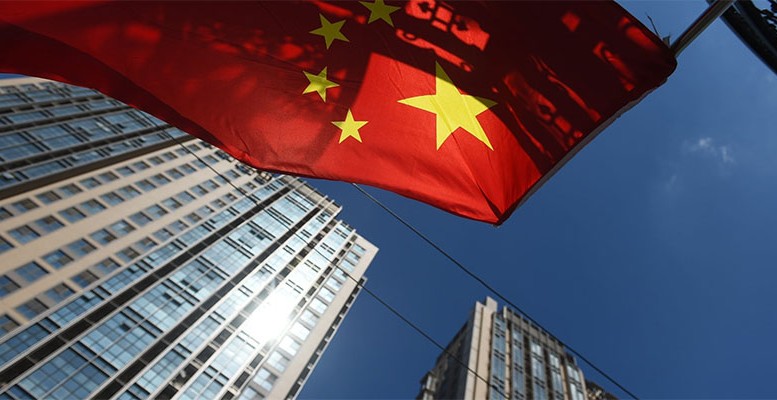It’s not the slowdown or the devaluation of the yuan which is really worrying, but China’s reforms. Economic reform, which should lead to a free market. And political reform which, unfortunately for the Chinese people, will be some time coming.
A few weeks ago, China’s prime minister Li Keqiang said the country will grow about 6.5%-7% this year. And it will. When the stock markets crash or there is a devaluation, quite a few analysts significantly downgrade the government’s forecast. But they are never right. The forecast always ends up being met during the March assemblies. So then we are told that we can’t trust Chinese statistics. And that’s true. Ma Jiantang from the National Bureau of Statistics acknowledges this. It’s also said that a lot of data arriving from the provinces is already fiddled with, according to the objectives of whatever local government is in power. “But we shouldn’t kid ourselves,” explains Jiantang. “Our goal is to continue to correct the errors in the system.” In any event, as US sinologist Barry Naughton says, “nobody has come up with any viable alternative to the official statistics.” So they will continue to be the working tool for any international organisation.
With regard to the government’s supposed reticence over economic reforms, 12,000 companies were created per day in 2015. And Beijing is the second conurbation with the most start-ups in the world, valued at $1 billion, surpassed only by Silicon Valley. With the economy expanding at 7%, 13 million jobs are being created, three times more than when there was double digit growth. The Chinese now account for half of the luxury goods’ consumption in the world. The Chinese tourism industry, the biggest in the world, already has annual expenditure of $200 billion. And private companies contribute over half of GDP.
What is really worrying
Is the slowdown a concern? Or the yen’s devaluation? Or the excessive internal debt, not external, with oversized industries like steel? None of this is too worrying, because there are enough savings to transform an industrial economy into one which is more focused on the services sector. This will imply slower but healthier growth. Is anyone talking about a crisis in Germany because it is not growing at double digit rates? What is currently worrying the average Chinese man in the street is contamination. Censorship. The high price of housing (7,000 euros per square metre). Legal security. Social welfare..





